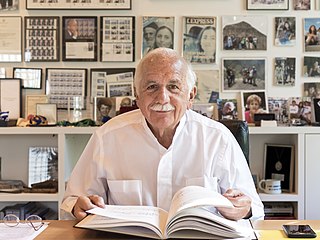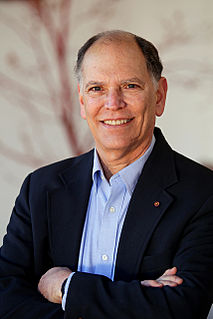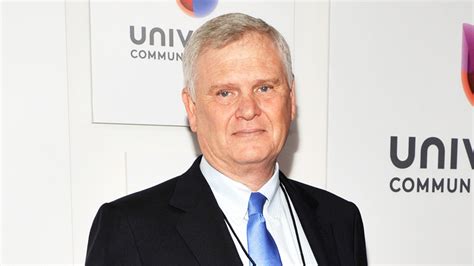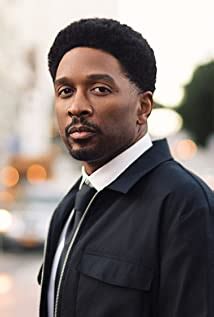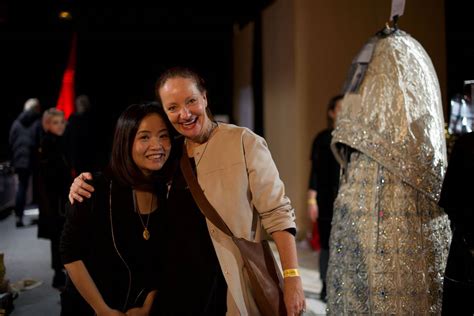A Quote by Moshe Safdie
Countries and places have a history, a story, and a culture.
Related Quotes
It seemed [there are] musical nodes on the planet where cultures meet and mix, sometimes as a result of unfortunate circumstances, like slavery or something else, in places like New Orleans and Havana and Brazil. And those are places where the European culture and indigenous culture and African culture all met and lived together, and some new kind of culture and especially music came out of that.
The language of the culture also reflects the stories of the culture. One word or simple phrasal labels often describe the story adequately enough in what we have termed culturally common stories. To some extent, the stories of a culture are observable by inspecting the vocabulary of that culture. Often entire stories are embodied in one very culture-specific word. The story words unique to a culture reveal cultural differences.
One of the things I recognized early on, doing whatever studies of black history I have, is that even though black folks were transported as slaves, into servitude, when they were carried out of Africa they left empty-handed, but they didn't leave empty-headed. They carried with them the culture they knew, the culture they had, and that culture reconstituted itself in all the places they went.
I think one of the reasons anti-immigration state laws start to happen is they happen in states where there is an enormous influx. In these places, the dominant culture, the Anglo culture has held sway for such a very, very long time. Now, they are living in another culture, another language. They fear losing dominance and control. It is sadly human nature to find a group to scapegoat. This happens throughout man's history.
I write characters focusing on them as human beings, and then you wrap them within a culture. So I think I can connect with him as a person with brown skin who's viewed differently by the world. In terms of his culture, we're thinking about where we are locating Wakanda within the continent, and what the people and history of that region are like. It's a process of investigation to help inform the story at this point. But we are going to be engaged with consultants who are experts on the continent and on African history and politics.
In our country and in our times no man is worthy the honored name of statesman who does not include the highest practicable education of the people in all his plans of administration. He may have eloquence, he may have a knowledge of all history, diplomacy, jurisprudence; and by these he might claim, in other countries, the elevated rank of a statesman: but unless he speaks, plans, labors, at all times and in all places, for the culture and edification of the whole people, he is not, he cannot be, an American statesman.
